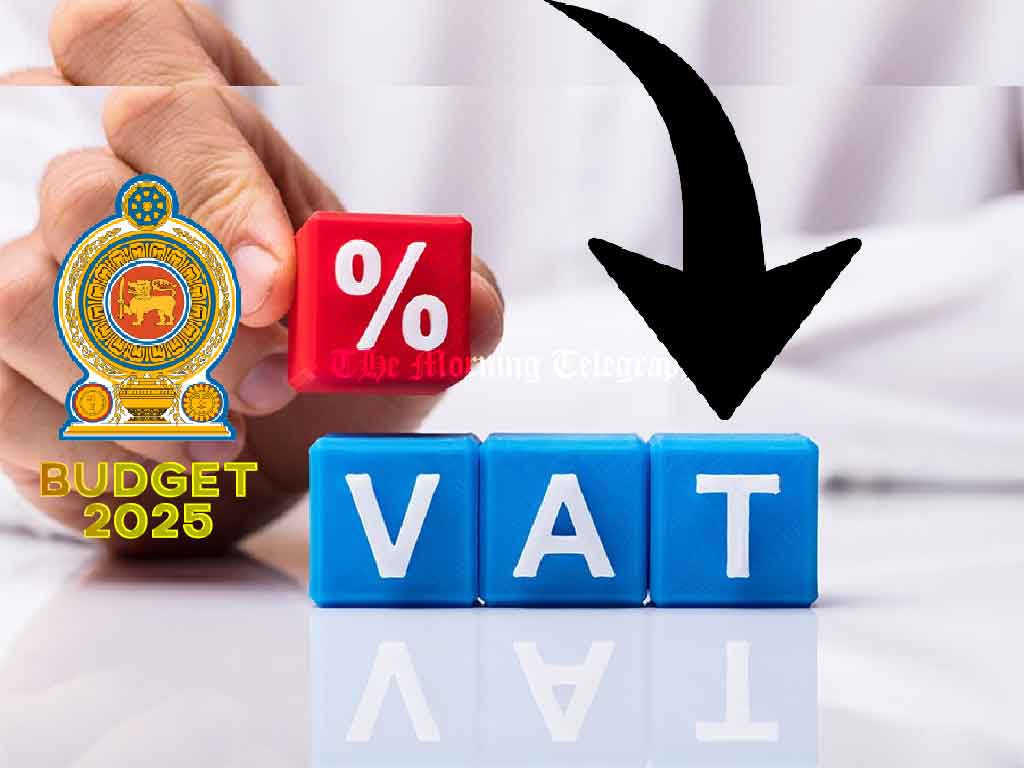
The Sri Lankan government has announced plans to reduce the Goods and Services Tax (GST) in its 2025 budget, aiming to provide financial relief to consumers, particularly on essential goods and services. This proposal is expected to be complemented by innovative measures designed to compensate for the resulting revenue shortfall. Sources indicate that the International Monetary Fund (IMF) has endorsed the plan, reflecting confidence in the government’s ability to maintain fiscal stability.
Under the proposed changes, the GST will be restructured into three rates. Essential goods and services will benefit from a significantly reduced rate, offering direct relief to households. Other goods and services will see a moderate reduction, while a standard rate will be applied to luxury and non-essential items. This differentiated approach seeks to balance consumer relief with the need to sustain government revenues.
To address the loss in tax revenue from the GST reduction, the government is preparing a series of alternative revenue-generation strategies. These include expanding the tax base by targeting sectors that have previously been untaxed, enhancing tax compliance and enforcement, introducing levies on digital transactions and e-commerce, and increasing excise duties on non-essential goods such as tobacco and alcohol. The government has assured that these measures will not place an undue burden on low- and middle-income earners.
President Anura Kumara Dissanayake is scheduled to present the 2025 budget proposal to Parliament on February 17. This initiative aligns with the administration’s broader economic goals of fostering equitable growth and promoting consumer welfare. The reduction in GST is anticipated to stimulate domestic consumption and provide relief to businesses facing high operating costs. However, economists warn that the success of the plan hinges on the effective implementation of alternative revenue mechanisms to avoid fiscal imbalances. The budget proposal represents a significant shift in taxation policy, aiming to balance public welfare with economic stability.




